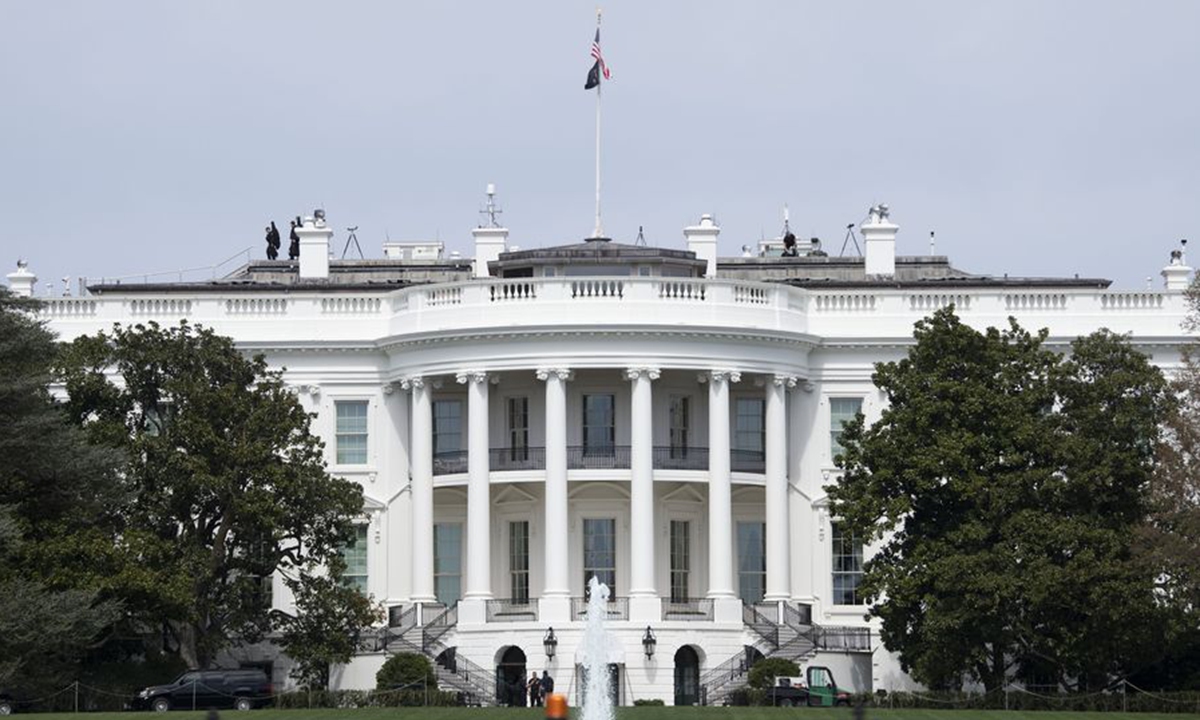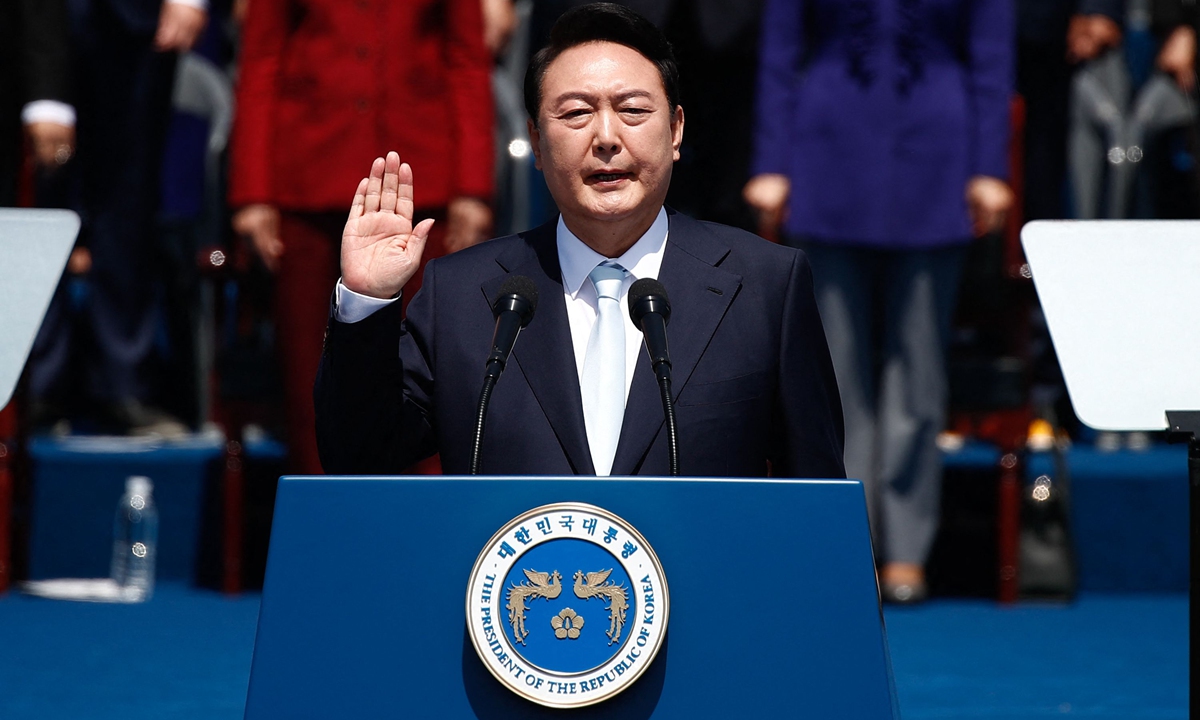The Big Four
Britain to shake up audit market after Carillion crash
Britain to shake up audit market after Carillion crash - Reuters
FILE PHOTO: A view of the London skyline shows the City of London financial district, seen from St Paul's Cathedral in London, Britain February 25, 2017. REUTERS/Neil Hall/File Photo/File PhotoReuters
UK Audit Shake-Up Targets Big Firms After Spate of Corporate Failures
LONDON (Reuters) - Britain set out sweeping reforms of big company audits on Tuesday after high-profile collapses at builder Carillion and retailer BHS in recent years hit thousands of jobs and raised questions about accounting quality. The business ministry detailed changes to auditing and corporate governance that will be put into law, though the measures are unlikely to come into force until 2024 or later and smaller firms will be shielded from the new rules. The reforms are in response to 150 recommendations from three government-sponsored reviews on improving auditing in a market dominated by KPMG, EY, PwC and Deloitte, known as the Big Four. The new law would create a more powerful regulator, the Audit, Reporting and Governance Authority (ARGA), to push through changes set out by government. In the meantime, the current watchdog, the Financial Reporting Council (FRC), will have powers to vet audit companies and ban failing auditors, the ministry said. Britain will also review a European Union definition of "micro entities", which benefit from simplified accounts. They typically have a balance sheet of no more than 350,000 euros ($377,230) and employ no more than 10 people. Loosening the definition would mean more firms saving money by filing simplified accounts, though it could raise investor protection concerns. Other reporting requirements will also be reviewed to help attract growth companies to Britain. The FRC currently focuses on big listed companies, but ARGA's remit would expand to include about 600 private firms with more than 750 staff and an annual turnover of over 750 million pounds ($949 million), a higher threshold than initially flagged. BHS was unlisted. NO UK SARBANES-OXLEY To curtail the dominance of the Big Four, the top 350 listed companies would have to appoint a non-Big Four accountant, or allocate a certain portion of their audit to a smaller accountant such as Mazars, BDO or Grant Thornton. The business ministry could introduce market share caps on the Big Four if there is no improvement in competition. Directors of premium listed companies would also have to state why they think their internal controls are effective. This would be done under Britain's "comply or explain" corporate governance code, which the FRC can change without legislation. UK companies pushed back against enshrining in law a version of mandatory U.S. Sarbanes-Oxley rules, which force U.S. directors to personally attest to the adequacy of internal controls, and face prison for breaches. "Lessons from Carillion and other recent company failures have been ignored, with little emphasis now on tightening internal controls and modernising corporate governance," said Michael Izza, chief executive of ICAEW, a professional accounting body. FRC chief Jon Thompson said: "The Government’s decision not to pursue the introduction of a version of the Sarbanes-Oxley reporting regime is, the FRC believes, a missed opportunity to improve internal controls in a proportionate, UK-specific manner." Big firms would also have to state what external checks, if any, were made on the reliability of their non-financial information in annual reports, such as risks from climate change.Larger companies would have to confirm the legality of their dividends, a lesson from Carillion.
Insight - The two sides of the EY break-up
For its part, EY is under particular pressure due to its auditing of collapsed German payments firm Wirecard AG – although it’s not clear that a break-up would rid it of any liabilities arising from that failure. Perhaps EY is preempting tougher regulation.Or perhaps it just sees an opportunity to monetise some of it assets.
A possible split of EY into separate audit and consulting firms must confront the problem faced by all break-ups: How do you create attractive businesses out of both when one is likely to be seen as inferior?
Here, that would be the newly established standalone auditor. EY – or any Big Four accounting firm that attempts such a separation – has its work cut out to make pure-play audit a success. The revelation by Michael West Media that EY is considering the move heralds a potentially seismic shift for the industry. A succession of accounting scandals has long prompted attacks on the Big Four for earning fees from audit clients by selling consulting services such as strategy or restructuring advice. There’s an inherent conflict of interest in offering these to the same executives whose homework you’re meant to be marking. While regulatory scrutiny is forcing firms to tread carefully, creating distinct companies is the most reliable remedy. The United Kingdom’s competition watchdog called for an “operational separation” of audit and consulting within the existing firms in 2019, stopping short of demanding full break-ups because of cost and complexity. For its part, EY is under particular pressure due to its auditing of collapsed German payments firm Wirecard AG – although it’s not clear that a break-up would rid it of any liabilities arising from that failure. Perhaps EY is preempting tougher regulation. Or perhaps it just sees an opportunity to monetise some of it assets. One option under consideration is the sale of a stake in the consulting business to a private buyer or to the stock market, creating a windfall for EY’s current partners, according to the Financial Times. Demand would likely be strong. Just look at the private-equity money piling in lately. PwC sold a tax advisory practice to Clayton, Dubilier & Rice for a reported US$2.2bil (RM9.6bil) last year, while KPMG offloaded its UK restructuring arm to HIG Capital LLC. But what about the rump that remains? While the underlying economics of the Big Four are opaque, there’s a widespread suspicion that consulting subsidises audit. At the very least, the ability to share costs means audit fees are lower than they would be for a distinct firm, regulators have found. Retaining talent The biggest challenge is how a standalone auditor would attract and retain talent without offering an in-house career in consulting as an option. Short-sellers and forensic investigators aside, checking company accounts is for many a laborious gateway to other roles. Audit partners accused of getting it wrong have regulatory probes hanging over them for years (an investigation into Rolls-Royce Holdings Plc’s 2010 accounts only just closed). No wonder juniors tend to jump ship to better paid and less risky careers in consulting or investment banking not long after they’re qualified. So auditing will have to be made more attractive, both financially and culturally. One place to start is expanding the function beyond checking financial statements to offering sophisticated checks on companies’ claims on non-financial performance such as climate and social impact. When the United States Securities and Exchange Commission is clamping down on greenwashing by investment funds, it’s clear the future of environmental, social and governance investing rests on companies proving they’re not cooking the books on these issues too. These public-interest assessments are going to be increasingly scrutinised by investors in future. They are already offered under the umbrella of so-called assurance services, but ought to become a more developed part of corporate reporting. That would involve transferring some skills over from the consultancy side. The trick will be to add in parts of the current consulting business that are relevant to a more modern vision of audit, without just recreating a new auditor-cum-consultancy. Of course, separation won’t eliminate all the conflicts in audit. The chief culprit is the way managers often effectively appoint the audit partners who are meant to be their policemen. But the prize for stock-market investors is improved audit quality, and a break-up could support that. The goal should be to create a virtuous circle. Make audit more enticing as a long-term career, attract people who do the work better – and hopefully cut the number of blow-ups. — Bloomberg Chris Hughes is a Bloomberg Opinion columnist covering deals. The views expressed here are the writer’s own.
Related news
UK Auditors - Chartered Accountant Audits UK



















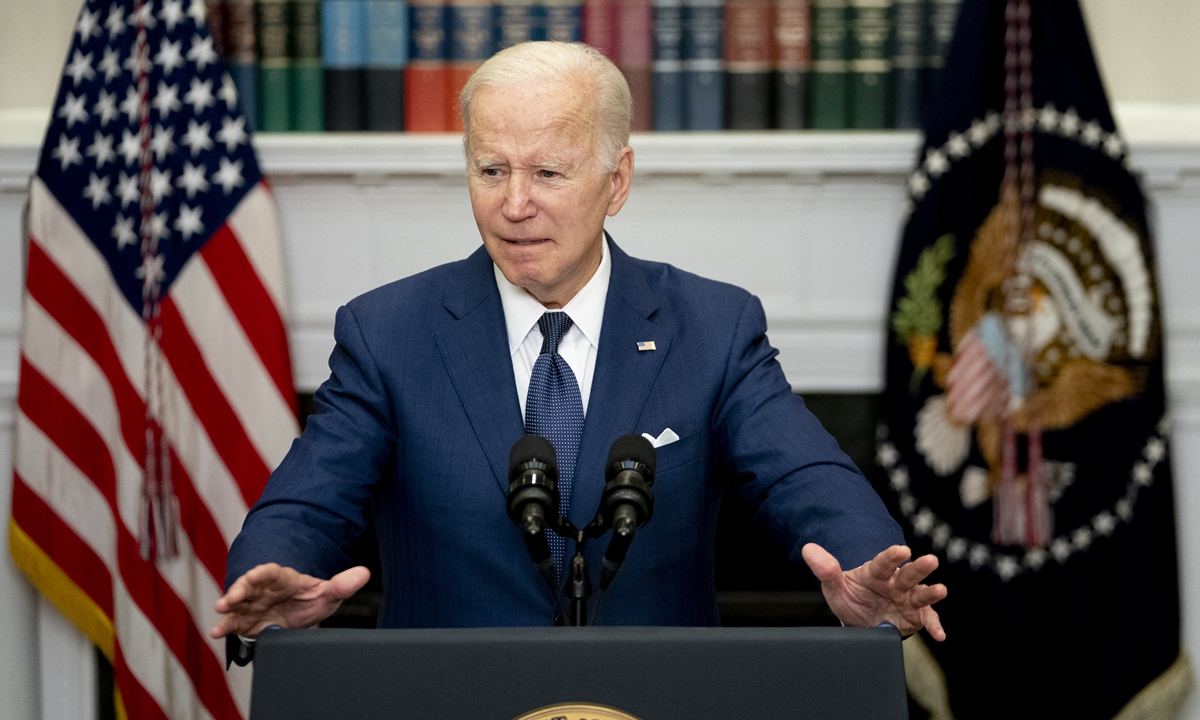



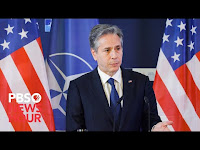

 People attend a culture and tourism festival themed on Dolan and Qiuci culture in Awat County of Aksu Prefecture, northwest China's Xinjiang Uygur Autonomous region, Oct. 25, 2019. The festival kicked off recently in Aksu Prefecture. (Xinhua/Sadat)
It should be said that by visiting China under the pressure of the US and Western forces, Bachelet showed her efforts to learn the truth beyond the Western public opinion poisoned by these extremist forces. As Chinese State Councilor and Foreign Minister Wang Yi said that the high commissioner for human rights' trip to China would help enhance understanding and cooperation and clarify misinformation. We also expect that Bachelet would bring her comprehensive experience of a true Xinjiang to more people in the West who are willing to know the truth.
Of course, some people who pretend to be asleep may never be waken up. While Bachelet's visit was still underway, some so-called anonymous senior diplomats told media that the visit "is a victory to China." As human rights progress is endless, how can it be said to win or lose? Such rhetoric just reveals the genuine intent of the US and the West, which is to regard the normal exchanges and interactions between the UN high commissioner for human rights and China as part of a geopolitical game. They are trying so hard to "convict" China. As to the real situation in Xinjiang region, it doesn't matter to them at all.
It's precisely because of this that they must conduct an "investigation" on China with the presumption of guilt - whoever draws the conclusion of "genocide" and "forced labor" is "reliable." Such presumption of guilt is almost insane. In their eyes, a lunatic who claims that "people will be cut off their hands and feet when they arrive in Xinjiang," and "people will be shot dead if they refuse to eat pork" may appear to be "more credible" than the UN human rights chief. It has to be said that in order to smear and attack China, some people in the US and West have already broken the bottom line of common sense in their evil narratives against Xinjiang.
People attend a culture and tourism festival themed on Dolan and Qiuci culture in Awat County of Aksu Prefecture, northwest China's Xinjiang Uygur Autonomous region, Oct. 25, 2019. The festival kicked off recently in Aksu Prefecture. (Xinhua/Sadat)
It should be said that by visiting China under the pressure of the US and Western forces, Bachelet showed her efforts to learn the truth beyond the Western public opinion poisoned by these extremist forces. As Chinese State Councilor and Foreign Minister Wang Yi said that the high commissioner for human rights' trip to China would help enhance understanding and cooperation and clarify misinformation. We also expect that Bachelet would bring her comprehensive experience of a true Xinjiang to more people in the West who are willing to know the truth.
Of course, some people who pretend to be asleep may never be waken up. While Bachelet's visit was still underway, some so-called anonymous senior diplomats told media that the visit "is a victory to China." As human rights progress is endless, how can it be said to win or lose? Such rhetoric just reveals the genuine intent of the US and the West, which is to regard the normal exchanges and interactions between the UN high commissioner for human rights and China as part of a geopolitical game. They are trying so hard to "convict" China. As to the real situation in Xinjiang region, it doesn't matter to them at all.
It's precisely because of this that they must conduct an "investigation" on China with the presumption of guilt - whoever draws the conclusion of "genocide" and "forced labor" is "reliable." Such presumption of guilt is almost insane. In their eyes, a lunatic who claims that "people will be cut off their hands and feet when they arrive in Xinjiang," and "people will be shot dead if they refuse to eat pork" may appear to be "more credible" than the UN human rights chief. It has to be said that in order to smear and attack China, some people in the US and West have already broken the bottom line of common sense in their evil narratives against Xinjiang.



.jpeg)



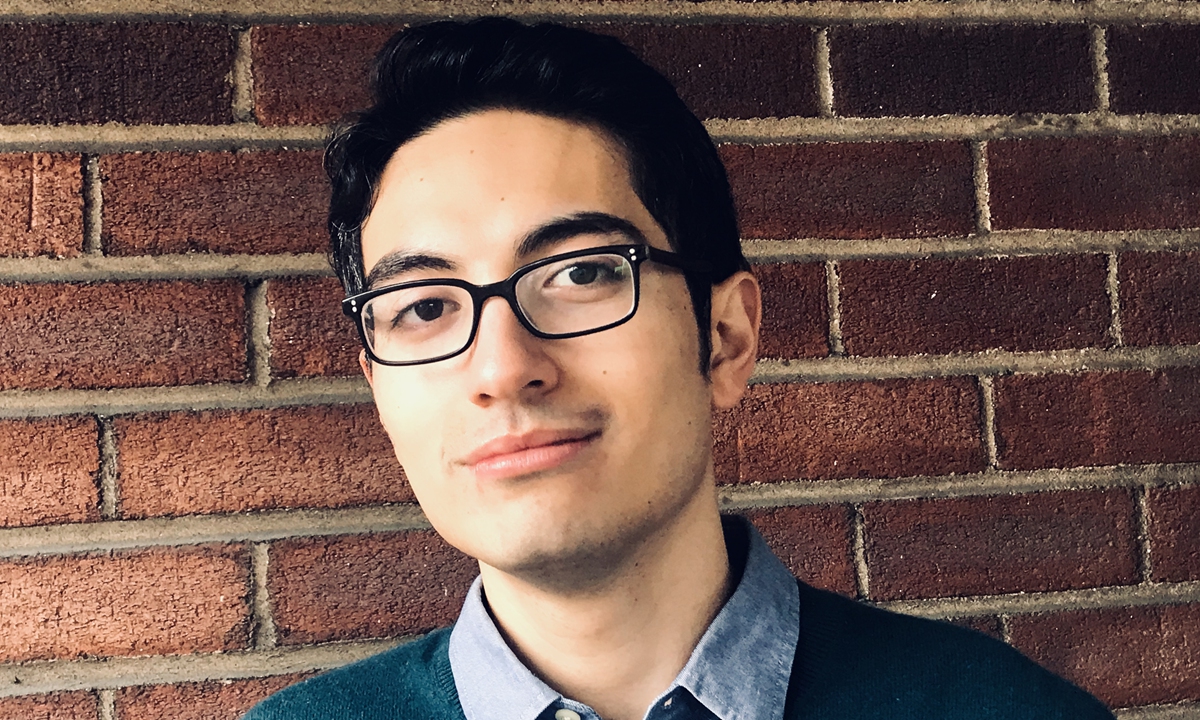



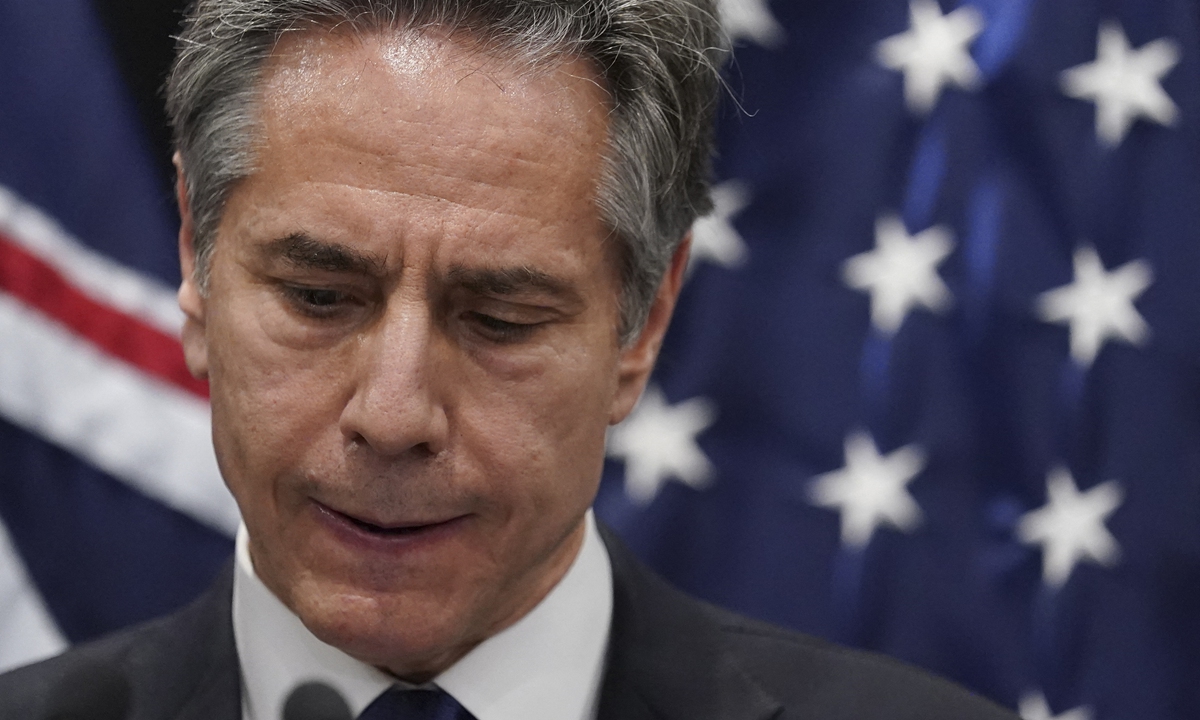
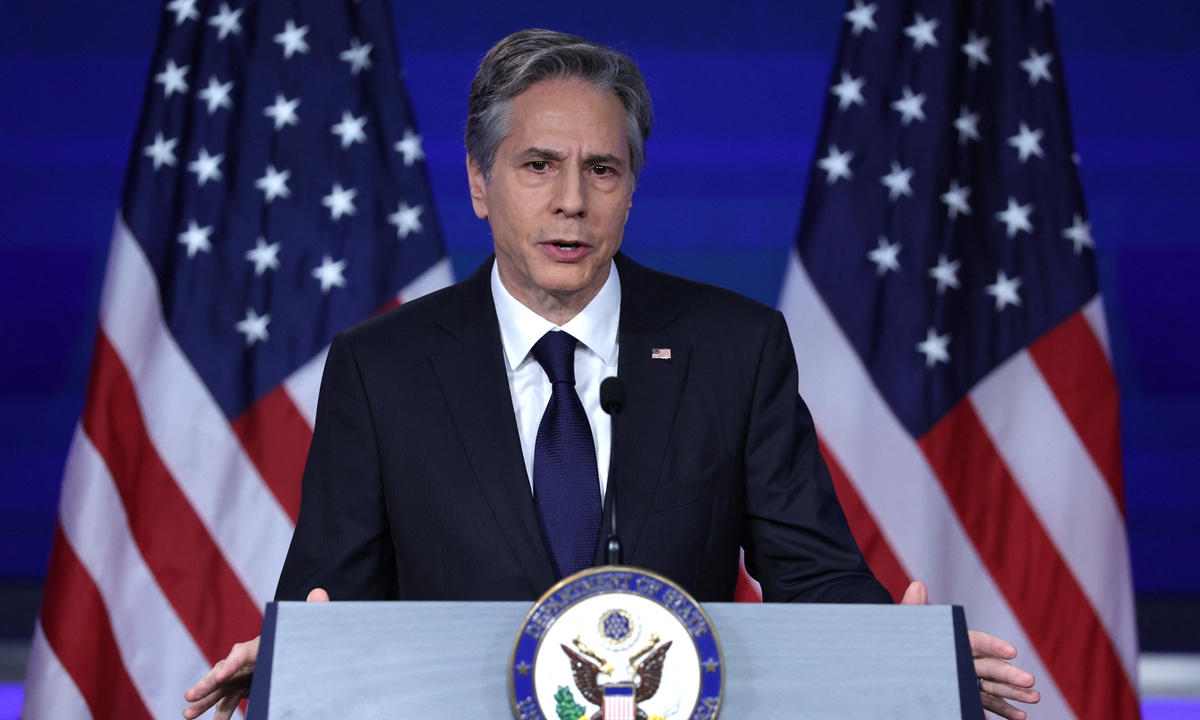

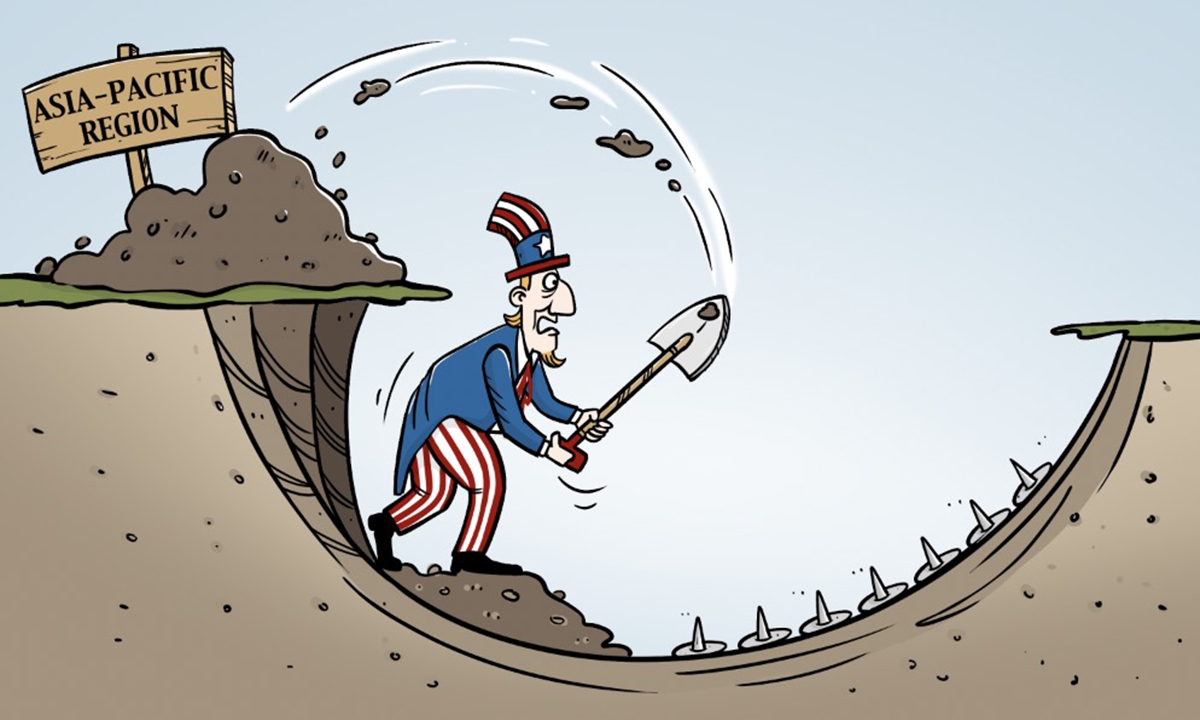
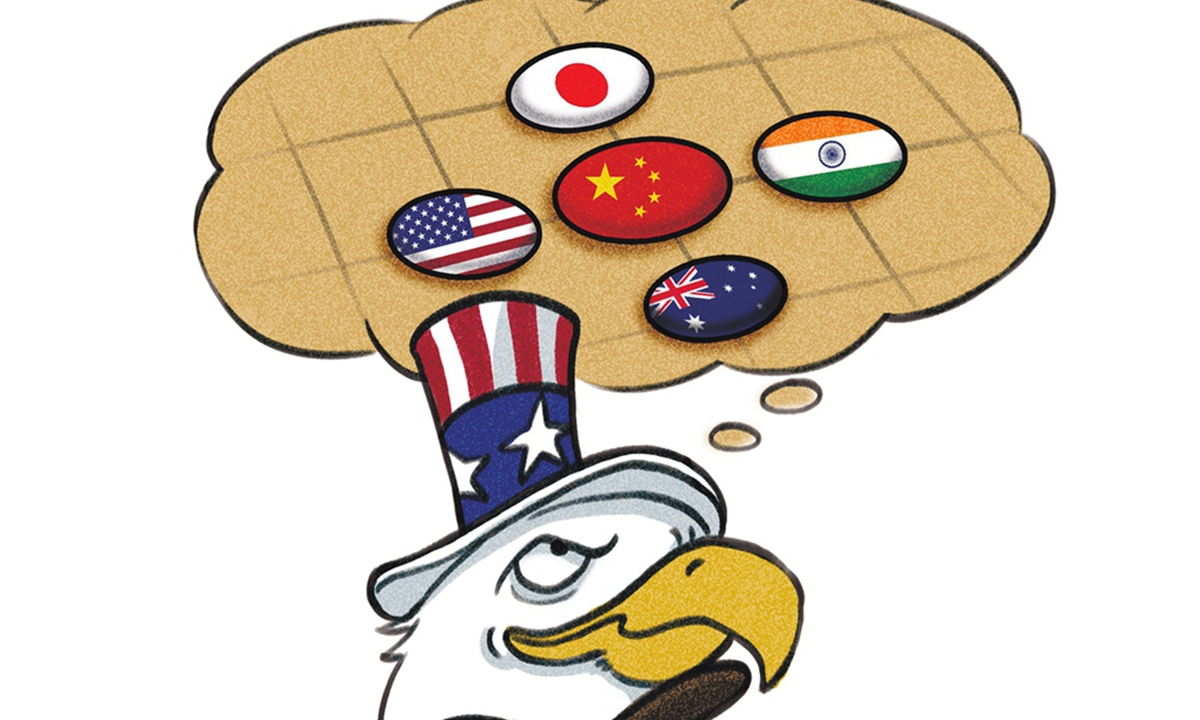



 Statistics from the federal police showed as at May 23, 100 men and 15 women aged between 17 and 41, were still stuck in various countries including Cambodia, Myanmar and Laos.
“We have received a total of 110 police reports on Malaysians stranded abroad after being victims of job scams.
“We believe the victims have been stranded there for at least six months. We are actively pursuing all cases to assist the victims,” he added.
Police reports were lodged by the victims’ families after they managed to call home, he said.
“In most cases, the victims managed to inform their family members of their predicament.
“We believe the number of police reports increased after the recent successful rescue of Malaysians abroad, with such cases being highlighted in the media,” he added.
Last month, the Malaysian Embassy in Cambodia said it had rescued more than 60 Malaysians coerced into working for scam call centres over the past few years.
On April 6, 16 Malaysians held captive in Sihanoukville on the south coast of Cambodia were also rescued.
The victims claimed they were duped by offers of jobs as customer service representatives with lucrative salaries for a Cambodian company.
Once in Cambodia, their personal documents were seized and their movements restricted.
Since the reopening of the country’s borders, more dubious job offers were being uploaded on social media, Comm Abd Jalil said.
“Some people are desperate due to a lack of jobs because of the Covid-19 pandemic.
“Among the main factors that enticed victims to such job scams are lucrative salary offers and benefits.
“We believe the convenience of finding a job overseas is also a factor that influenced the victims’ decisions,” he added.
Comm Abd Jallil said initial investigations showed the syndicates were forcing these Malaysians into working in scams and gambling dens.
“We are building more intelligence on the human trafficking syndicates to effectively clamp down on such job scams.
“We are working hard with the Interpol and Aseanapol to track down and rescue victims.
“We are also collaborating with the Foreign Ministry to expedite efforts in rescuing the victims overseas,” he added.
He also appealed for more awareness to prevent others from falling victims.
“We are working with government agencies and NGOs especially the MCA Public Services and Complaints Department on creating more awareness on such job scams.
“We are focusing on the importance of being careful when considering jobs offered overseas via social media,” he said.
Comm Abd Jalil advised the public to know and adhere to local laws and regulations when accepting jobs overseas.
“Before accepting any job offers, do a thorough background check on the prospective employer or company,” he said.
Comm Abd Jalil added that the police welcome information on syndicates that duped Malaysians and forced them to conduct illegal activities overseas.
Statistics from the federal police showed as at May 23, 100 men and 15 women aged between 17 and 41, were still stuck in various countries including Cambodia, Myanmar and Laos.
“We have received a total of 110 police reports on Malaysians stranded abroad after being victims of job scams.
“We believe the victims have been stranded there for at least six months. We are actively pursuing all cases to assist the victims,” he added.
Police reports were lodged by the victims’ families after they managed to call home, he said.
“In most cases, the victims managed to inform their family members of their predicament.
“We believe the number of police reports increased after the recent successful rescue of Malaysians abroad, with such cases being highlighted in the media,” he added.
Last month, the Malaysian Embassy in Cambodia said it had rescued more than 60 Malaysians coerced into working for scam call centres over the past few years.
On April 6, 16 Malaysians held captive in Sihanoukville on the south coast of Cambodia were also rescued.
The victims claimed they were duped by offers of jobs as customer service representatives with lucrative salaries for a Cambodian company.
Once in Cambodia, their personal documents were seized and their movements restricted.
Since the reopening of the country’s borders, more dubious job offers were being uploaded on social media, Comm Abd Jalil said.
“Some people are desperate due to a lack of jobs because of the Covid-19 pandemic.
“Among the main factors that enticed victims to such job scams are lucrative salary offers and benefits.
“We believe the convenience of finding a job overseas is also a factor that influenced the victims’ decisions,” he added.
Comm Abd Jallil said initial investigations showed the syndicates were forcing these Malaysians into working in scams and gambling dens.
“We are building more intelligence on the human trafficking syndicates to effectively clamp down on such job scams.
“We are working hard with the Interpol and Aseanapol to track down and rescue victims.
“We are also collaborating with the Foreign Ministry to expedite efforts in rescuing the victims overseas,” he added.
He also appealed for more awareness to prevent others from falling victims.
“We are working with government agencies and NGOs especially the MCA Public Services and Complaints Department on creating more awareness on such job scams.
“We are focusing on the importance of being careful when considering jobs offered overseas via social media,” he said.
Comm Abd Jalil advised the public to know and adhere to local laws and regulations when accepting jobs overseas.
“Before accepting any job offers, do a thorough background check on the prospective employer or company,” he said.
Comm Abd Jalil added that the police welcome information on syndicates that duped Malaysians and forced them to conduct illegal activities overseas.

.jpeg)
